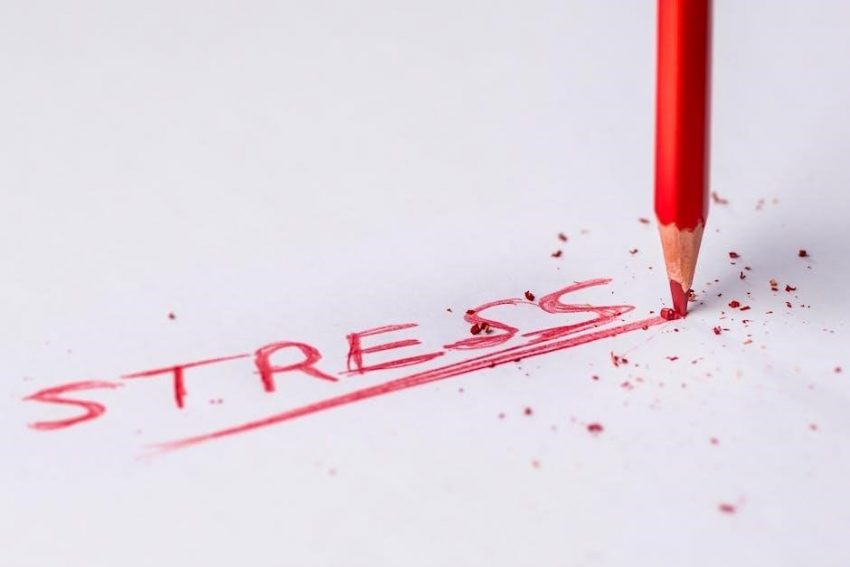WALC 8 Word Finding is a workbook designed to help neurologically impaired clients reestablish word-finding abilities through structured activities and strategies, addressing frustrations in speaking and communication.
Overview of the Workbook
The WALC 8 Word Finding workbook is part of the Workbook of Activities for Language and Cognition (WALC) series, specifically designed to address word retrieval challenges in neurologically impaired individuals. It includes a variety of tasks such as word matching, sorting, and problem-solving exercises to stimulate cognitive and linguistic processes. The workbook is tailored for clients with mid to high levels of complexity, offering activities that can be adapted to individual needs. Developed through years of clinical experience, the exercises aim to enhance vocabulary, improve semantic processing, and strengthen communication skills. The workbook is particularly useful for individuals with aphasia or other language impairments, providing structured yet flexible tools for therapists to support recovery and functional communication.
Target Audience and Purpose
The WALC 8 Word Finding workbook is primarily designed for speech-language pathologists (SLPs) and cognitive therapists working with neurologically impaired individuals, such as those with aphasia or traumatic brain injuries. Its purpose is to provide structured, evidence-based activities to address word retrieval deficits, a common challenge in language rehabilitation. By targeting mid- to high-level cognitive and linguistic skills, the workbook aims to enhance vocabulary, improve semantic processing, and reduce communication frustrations. It serves as a practical tool for therapists to support clients in regaining functional communication abilities, fostering independence and confidence in their speaking skills. The workbook’s activities are adaptable, making it a versatile resource for tailored therapy plans.

Structure and Content of WALC 8
WALC 8 is part of the Workbook of Activities for Language and Cognition series, offering a comprehensive set of exercises and strategies to address word-finding deficits in neurologically impaired clients.
Organization and Design of Activities
The activities in WALC 8 are meticulously organized to gradually build word-finding skills, starting with basic exercises and progressing to more complex tasks. Each activity is designed to target specific cognitive and linguistic processes, ensuring a structured approach to rehabilitation. The workbook incorporates a variety of engaging tasks, such as matching games, word sorting, and semantic exercises, to keep clients motivated and focused. The exercises are tailored to address the needs of individuals with acquired cognitive-language disorders, providing a clear and logical progression that supports long-term improvement in word retrieval abilities. This systematic design allows therapists to easily integrate the activities into individualized therapy plans, ensuring effective and efficient progress for clients.
Types of Exercises and Tasks Included
WALC 8 Word Finding offers a diverse range of exercises designed to enhance word retrieval skills. Activities include word matching, sorting, and semantic tasks that challenge clients to think critically and strategically. Clients engage in naming exercises, categorization tasks, and sentence completion, all aimed at improving vocabulary and language processing. The workbook also incorporates exercises that focus on synonyms, antonyms, and word associations, helping clients expand their lexical knowledge. Additionally, there are activities that involve problem-solving and verbal reasoning, which promote cognitive-linguistic connections. These exercises are designed to be adaptable, allowing therapists to tailor them to individual client needs and progress levels. By providing a variety of engaging and challenging tasks, WALC 8 ensures a comprehensive approach to word-finding rehabilitation.

Purpose and Benefits of WALC 8
WALC 8 Word Finding supports therapists in addressing cognitive-language disorders, providing structured activities to enhance word retrieval skills and reduce communication challenges in neurologically impaired clients effectively.
Development Background and Objectives
Developed by Kathryn J. Tomlin, WALC 8 Word Finding evolved through years of clinical practice with diverse clients. Its primary objective is to stimulate word-finding processes, helping neurologically impaired individuals regain effective communication skills. The workbook focuses on enhancing vocabulary retrieval and reducing frustrations associated with aphasia and cognitive-linguistic challenges. By incorporating a wide range of exercises, WALC 8 aims to improve clients’ ability to recall and use words accurately in various contexts, thereby fostering independence in daily communication. The activities are tailored to mid-to-high-level complexity, ensuring a comprehensive approach to rehabilitation. Over time, the workbook has been refined based on feedback from clients and therapists, making it a trusted resource in speech-language therapy settings;
Advantages for Therapists and Clients
WALC 8 Word Finding offers numerous benefits for both therapists and clients. For therapists, it provides a comprehensive, structured resource that simplifies the creation of personalized therapy plans. The workbook’s versatility allows it to be adapted to various client needs, making it a valuable tool for addressing diverse cognitive-linguistic challenges. It also offers clear instructions and exercises, saving therapists time in preparing sessions. For clients, the workbook enhances word retrieval skills, reducing communication frustrations. The activities are engaging and progressive, helping clients rebuild confidence in their speaking abilities. Additionally, the workbook’s focus on functional communication supports clients in applying skills to real-life situations, promoting independence and improving overall quality of life. This collaborative approach ensures effective rehabilitation and fosters a positive therapeutic relationship.

Clinical Applications and Use Cases
WALC 8 Word Finding is widely used by speech-language pathologists for clients with aphasia, cognitive impairments, or word retrieval difficulties. Its structured activities enhance clinical therapy sessions, aiding in rehabilitation and improving communication skills effectively.
Integration into Therapy Plans
WALC 8 Word Finding seamlessly integrates into therapy plans by offering adaptable activities that align with individual client goals. Speech-language pathologists can incorporate its exercises into sessions, tailoring them to address specific word retrieval challenges. The workbook’s structured tasks, such as answering questions and identifying opposites, can be used to reinforce therapeutic objectives. Additionally, the activities can be paired with other cognitive or language exercises to create a comprehensive treatment approach. This flexibility allows therapists to use WALC 8 in various clinical settings, ensuring consistent progress and engagement for clients with aphasia, cognitive impairments, or other language-related difficulties.
Success Stories and Case Studies
WALC 8 Word Finding has proven to be an effective tool in aiding clients with aphasia and other language impairments. Many therapists have reported significant progress in their clients’ word retrieval abilities after using the workbook. For instance, one client with severe aphasia showed marked improvement in naming objects and formulating sentences after consistent use of the exercises. Another case involved a client who, after completing the activities, was able to create an ABC book based on a theme of interest, demonstrating enhanced vocabulary and communication skills. These success stories highlight the workbook’s ability to engage clients and foster meaningful progress in their language rehabilitation journey.

Additional Resources and Availability
The WALC 8 Word Finding workbook is available as a PDF from retailers like Rompa and Winslow for $51.99, as part of the WALC series addressing various cognitive-language needs.
Accessing the WALC 8 Word Finding PDF
The WALC 8 Word Finding workbook is available as a downloadable PDF from various retailers, including Rompa and Winslow, for a price of $51.99. It can be accessed directly through their catalogues or online platforms. The PDF format allows therapists and clients to easily print or use the material digitally, making it a flexible resource for therapy sessions. The workbook is part of the broader WALC series, which includes tools for aphasia rehab, cognitive rehab, memory, and language for home activities. With its structured activities tailored for mid- to high-level complexity, WALC 8 Word Finding provides a comprehensive approach to improving word retrieval skills. It is a valuable resource for speech-language pathologists and cognitive therapists working with neurologically impaired clients.
WALC 8 Word Finding is a valuable resource for addressing word retrieval challenges in neurologically impaired clients. Its structured activities and strategies provide a comprehensive approach to improving communication confidence and reducing frustrations associated with aphasia and related disorders. As part of the broader WALC series, it complements other tools like WALC 1 for aphasia rehab and WALC 10 for memory support. Therapists and clients alike benefit from its versatility and effectiveness in fostering language recovery. The workbook’s evolution over years of clinical use ensures its relevance and adaptability to diverse client needs. For those seeking practical, evidence-based solutions, WALC 8 Word Finding remains an essential tool in speech and language therapy.

